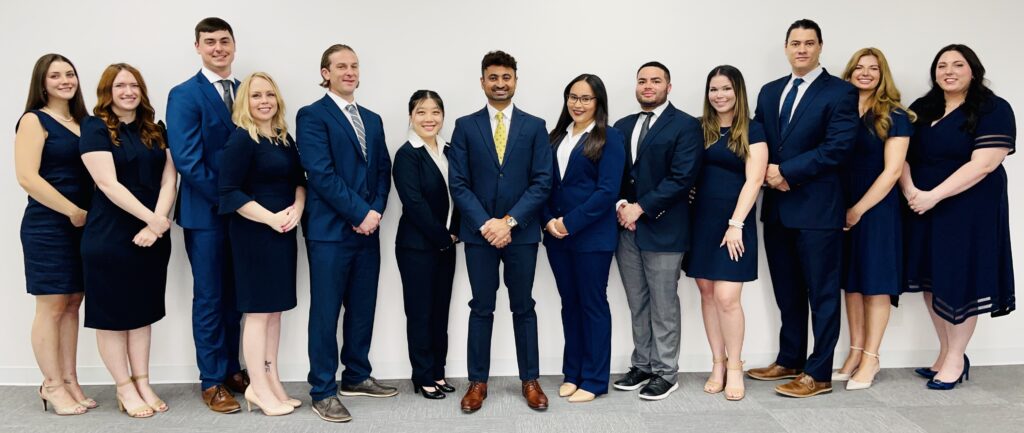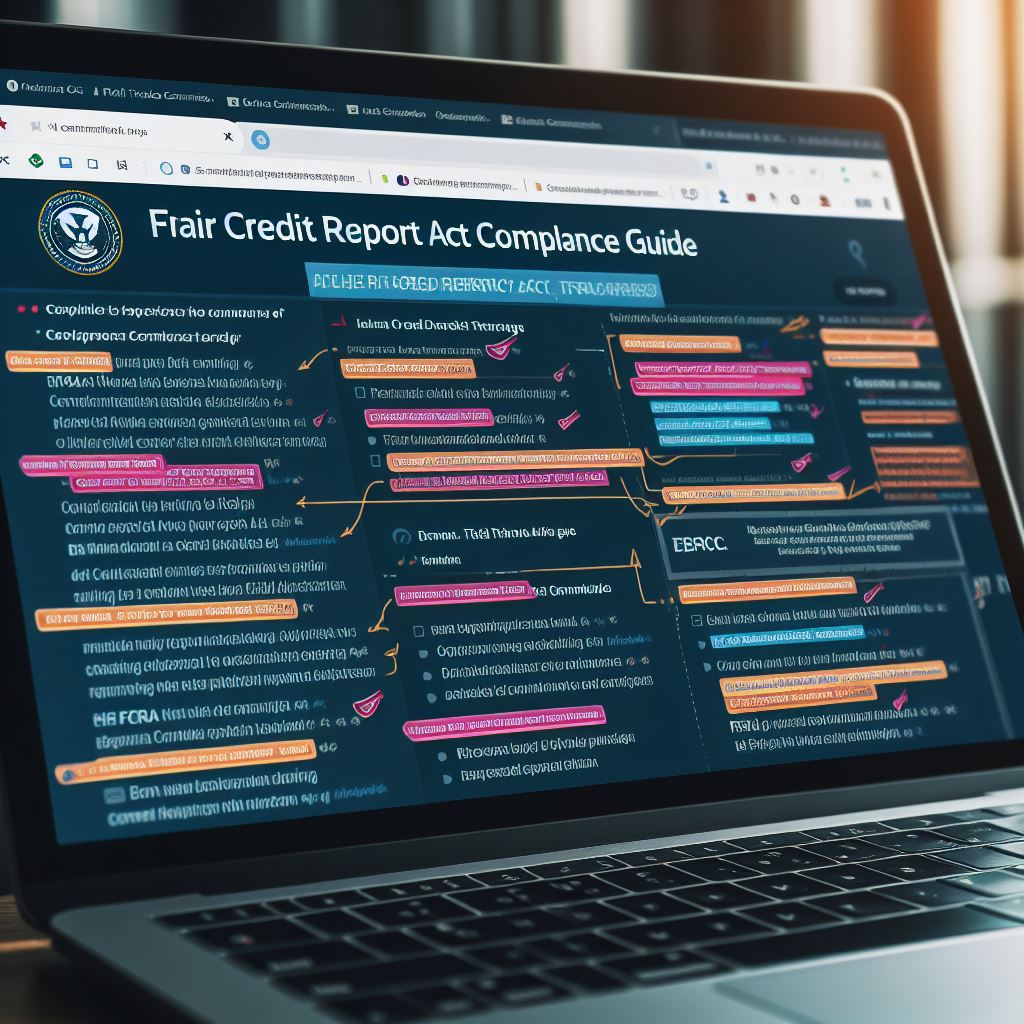Section 1681i(a) – Credit Reporting Agencies (CRAs)
Section 1681i(a) of the FCRA addresses the responsibilities of CRAs to conduct a reasonable investigation when a consumer disputes information on their credit report.
If the credit denial occurred before the investigation was completed and was directly related to inaccurate information on the credit report, a claim under 1681i(a) might be challenging. The section primarily deals with the obligations of CRAs to investigate and correct inaccuracies after they have been disputed, not necessarily with their liability for harm occurring before a dispute is raised. However, you may still be able to pursue injury
Section 1681s-2(b) – Furnishers of Information
Section 1681s-2(b) outlines the duties of furnishers to investigate and correct information after receiving notice of a dispute from a CRA.
If a consumer disputes inaccurate information that led to a credit denial, and the furnisher fails to properly investigate and correct the information in accordance with this section, there might be a basis for a claim. However, if the denial occurred before the dispute was raised, proving causation and damages might be more complex.
Considerations
- Causation: Establishing a clear causal link between the credit denial and a violation of these specific provisions could be the key challenge. The denial occurred before the dispute process, so linking it directly to the actions (or failures) of the CRAs or furnishers during the investigation might be complex.
- Other Provisions: Other sections of the FCRA or related state laws might provide a more appropriate basis for a claim, depending on the specific facts of the situation.
Given the scenario you’ve described, where a credit denial occurred before the completion of the dispute investigation by the credit reporting agencies (CRAs) and the furnisher, you might consider pursuing claims under the following sections of the FCRA:
Section 1681e(b) – Reasonable Procedures
This section requires CRAs to follow reasonable procedures to ensure maximum possible accuracy of the information concerning the individual about whom the report relates.
Potential Damages:
- Actual Damages: You could seek actual damages if you can demonstrate that the CRA’s failure to follow reasonable procedures led to the credit denial.
- Punitive Damages: In the case of willful noncompliance, you may also pursue punitive damages.
Section 1681s-2(a) – Responsibilities of Furnishers
This section imposes duties on furnishers to provide accurate information.
Potential Damages:
- Actual Damages: If you can demonstrate that the furnisher knowingly provided inaccurate information that led to the credit denial, actual damages may be recoverable.
Section 1681n and 1681o – Willful and Negligent Noncompliance
These sections provide for the recovery of damages for willful or negligent noncompliance with any requirement imposed under the FCRA.
Potential Damages:
- Actual Damages: Includes any out-of-pocket losses, emotional distress, or other harm directly resulting from the violation.
- Statutory Damages: For willful violations, you could seek statutory damages.
- Punitive Damages: May be available in the case of a willful violation.
- Attorney’s Fees: If successful, you may be able to recover attorney’s fees and costs under these provisions.
Conclusion
Your strategy might involve focusing on the conduct of both the CRAs and the furnisher leading up to the credit denial, rather than their actions during the dispute investigation. Proving a direct causal link between the violations and the credit denial will be essential, and you’ll likely need to gather evidence to demonstrate that the reporting was inaccurate and that the inaccuracies were a direct cause of the credit denial.
While it might be possible to bring a claim under these sections of the FCRA, the specific circumstances you described (credit denial occurring before the completion of the dispute investigation) may make it challenging. The case would likely require a detailed analysis of the facts, the timing, and the conduct of both the CRAs and the furnishers. Consulting relevant case law and perhaps seeking expert opinions or engaging in discovery to uncover more details about the parties’ conduct might be necessary steps in building a viable claim.


